Covid restrictions reversal is latest in string of Government U-turns
The Government has performed another U-turn by reversing its decision to lift coronavirus restrictions in two boroughs of Greater Manchester.

Health Secretary Matt Hancock on Wednesday announced that the restrictions in Bolton and Trafford will remain in place following a “significant change” in infection rates in both areas.
His announcement came on the day the restrictions were due to be lifted.
The Government has also been under fire over other recent U-turns including on face coverings and exam results.
Here, the PA news agency looks at where the Government has previously missed targets and backtracked during the Covid-19 pandemic.
– Decision to lift Covid restrictions in Bolton and Trafford reversed
Coronavirus restrictions banning people from different households from meeting indoors or private gardens were due to be lifted in the two Greater Manchester boroughs on Wednesday.
But the decision was reversed by Health Secretary Matt Hancock, who said there had been a “significant change” in infection rates in both areas.
The statement was released by the Department of Health and Social Care shortly after midday on Wednesday, the point at which it said the restrictions in Bolton and Trafford had been due to be lifted.
The department said the latest data showed the weekly infection rate in Bolton was 66.6 per 100,000 people on August 30, compared to 18.9 between August 17-23, while in Trafford the rate was 36.8 per 100,000, up from 17.8.
The U-turn came after council leaders in both boroughs had called for the ban on two households mixing to be maintained.
– U-turn on face coverings being worn in schools
The Department for Education (DfE) issued updated guidance last month which said face coverings should be worn in corridors and communal areas by staff and students in Year 7 and above in schools which are in areas with coronavirus restrictions.
Schools and colleges outside of local lockdown areas will have the discretion to require face coverings in communal areas where social distancing cannot be safely managed, the guidance added.
The new advice came after Education Secretary Gavin Williamson insisted measures being adopted by schools to limit the spread of coronavirus meant masks were not required and a day after a Number 10 spokesman said there were no plans to review the guidance.
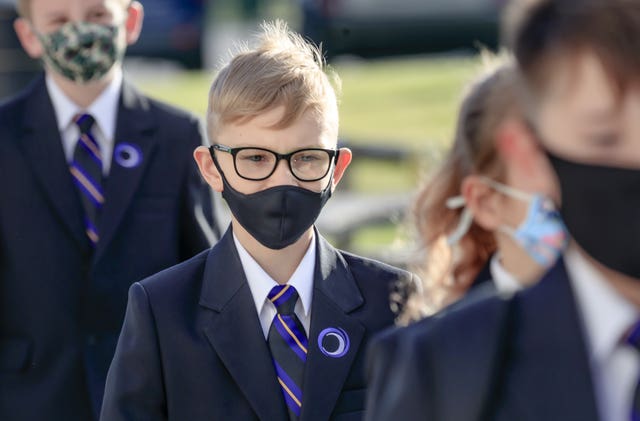
Announcing the change on August 25, Mr Williamson said the Government had decided to follow the World Health Organisation’s (WHO) new advice that children over 12 should wear a mask under the same conditions as adults – particularly when they cannot guarantee one-metre social distancing and when there is widespread transmission in the area.
– A-level and GCSE results U-turn in England
Following criticism from students, headteachers and a backlash by Tory MPs, the Government announced A-level and GCSE grades would be based on teachers’ assessments rather than the controversial algorithm devised by regulator Ofqual.
Prime Minister Boris Johnson and Mr Williamson had previously defended the “robust” system, which saw almost 40% of A-level grades reduced from teachers’ predictions.
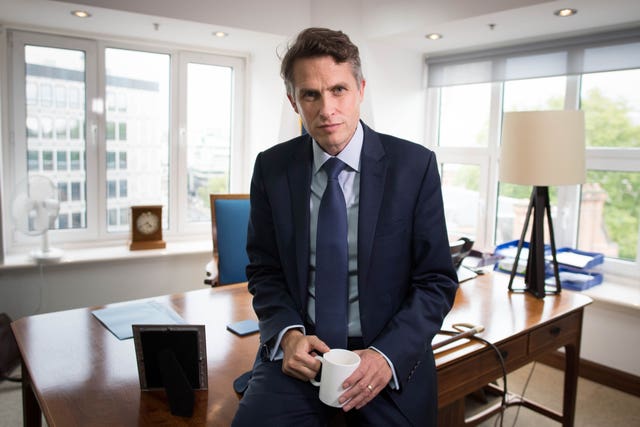
The announcement on August 17, just days before GCSE results were due to come out, followed an earlier vow from Mr Williamson that there would be “no U-turn, no change”.
– Government’s coronavirus contact-tracing app plans ditched
A new NHSX app for contact tracing was announced by Mr Hancock on April 12, pledging that it would be “crucial” for preventing the transmission of coronavirus.
The app was trialled on the Isle of Wight with a view to it being rolled out more widely across the country in May.
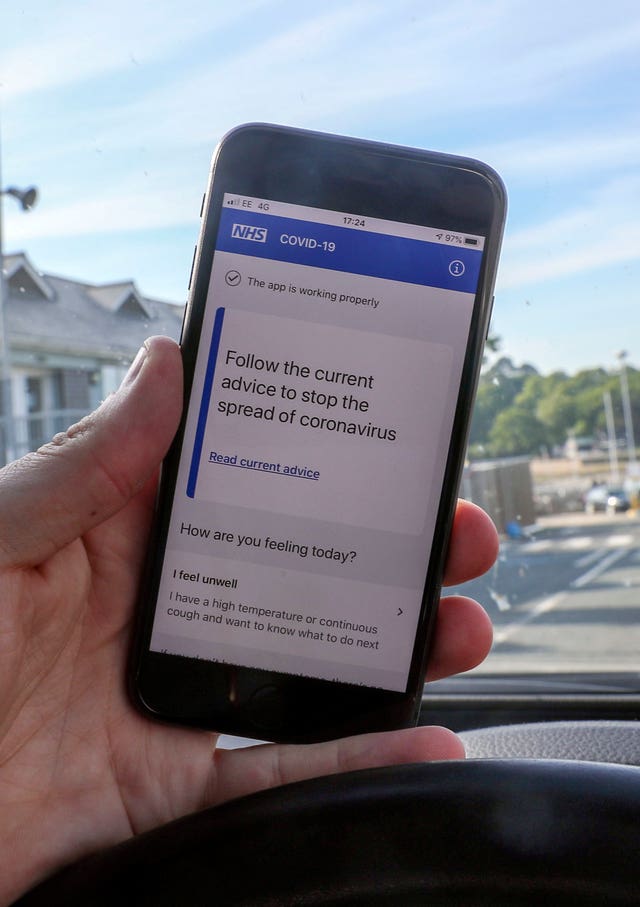
However, on June 18, the Government abandoned plans for its own app, instead allowing Apple and Google to take over the project.
As yet, no date has been confirmed for a national rollout.
Trials were launched in August on the Isle of Wight, London Borough of Newham and among NHS volunteer personnel.
– Primary school children to return
In early May, Mr Williamson set out the Government’s ambition that all primary-age children in England would have at least four weeks in school before the summer.
But on June 9, he said there was “no choice” but to scrap those plans amid concerns that the two-metre social-distancing rule would make a full return impossible.
In August, the Government said that its plans would be for all pupils, in all year groups, to return to school full-time from the beginning of the autumn term.
Schools will be required to have measures including enhanced cleaning procedures, more frequent hand-washing, and keeping pupils and family members with Covid-19 symptoms away, in place as they return.
– Coronavirus testing target
On April 2, Mr Hancock set a goal of 100,000 coronavirus tests a day by the end of the month.
At the Government’s daily briefing on May 1, Mr Hancock said testing figures had hit 122,347 on April 30.
However, the figures included the number of home tests (27,497) that had been sent out as well as the number of tests sent out to satellite sites (12,872).

It suggested that the number of tests actually processed was closer to around 81,978 – short of the Government’s target.
– Bereavement scheme to NHS support staff extended
After criticism that care workers, cleaners and porters were being excluded from a Home Office scheme granting families of health workers indefinite leave to remain in the UK if they die of Covid-19, the Government announced an extension of the scheme on May 20.
The scheme had been introduced in April to help support families affected by the pandemic.
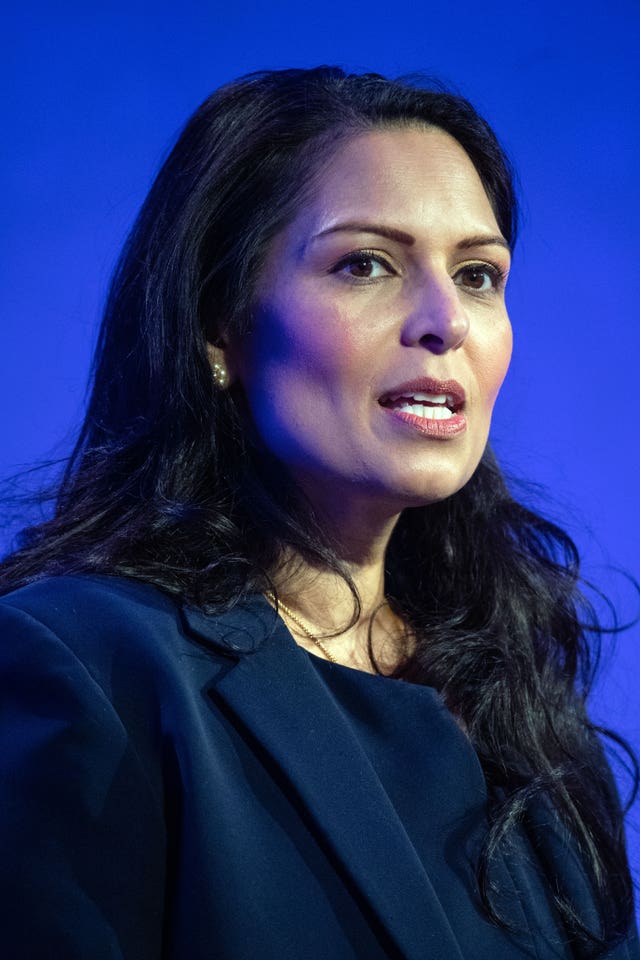
Home Secretary Priti Patel said the extension would be “effective immediately and retrospectively”.
– NHS surcharge for overseas health and care staff
A day later, on May 21, the Prime Minister stood by the fee that overseas health workers were being charged to use the NHS.
However, just hours later, following mounting pressure from senior Tories, it was announced that foreign health and care workers would be exempted from the scheme.
Labour leader Sir Keir Starmer called the U-turn a “victory for common decency”.
– School meals voucher scheme
England footballer Marcus Rashford was credited as playing a key part in forcing the Government to U-turn on its decision not to extend the children’s food voucher scheme into the summer holidays.
On June 16, Cabinet minister Grant Shapps said that free school meals are not normally extended to cover the summer period.
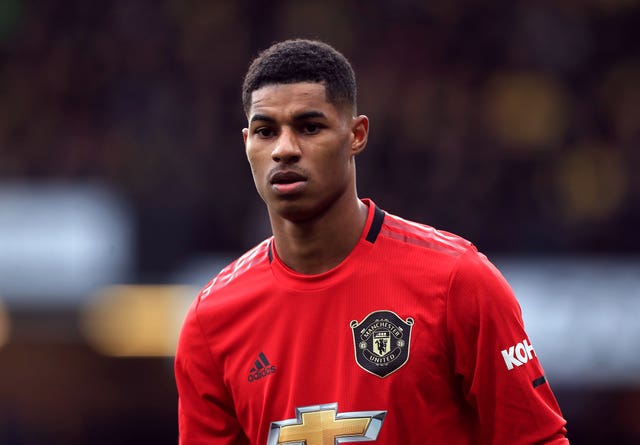
Yet a few hours later, No 10 backtracked on its stance, confirming that it would in fact extend the programme.
Speaking on Sky News the next day, Mr Hancock mistakenly praised “Daniel Rashford” for his campaigning efforts.





